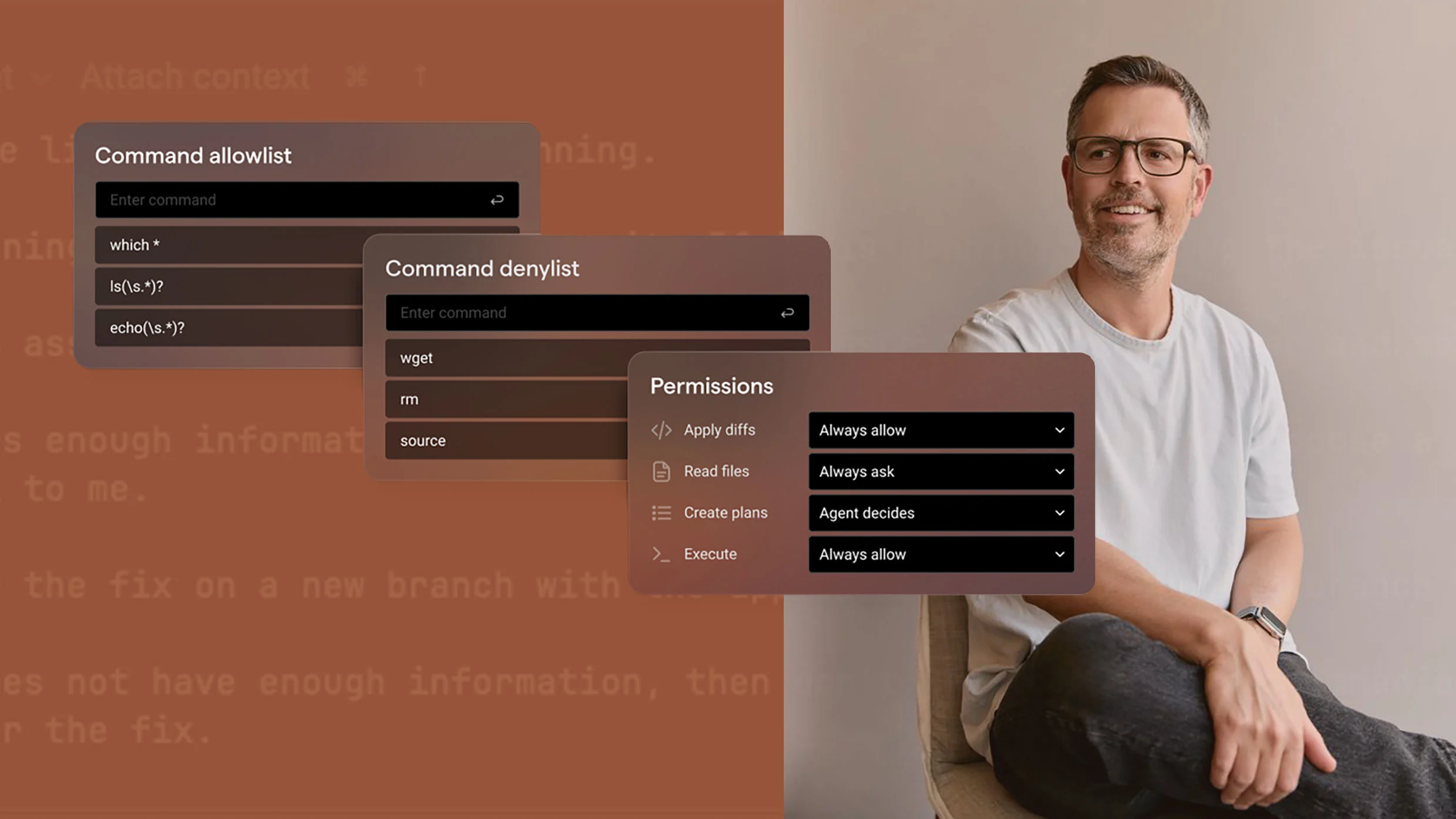Amid Increasing Use of Artificial Intelligence, Scammers Exploit AI to Fabricate Identities for Remote Jobs
Artificial intelligence is becoming a double-edged sword as scammers leverage its capabilities to create convincing false identities and secure remote job opportunities. Recent findings reveal that AI can help fraudsters camouflage their real identities by forging resumes, generating professional headshots, and fabricating LinkedIn profiles. These synthesized profiles present seemingly impeccable candidates, attracting the attention of unsuspecting hiring firms. However, once employed, these deceitful actors may infiltrate systems, steal confidential data, or plant malware, leading to significant financial and reputational harm for companies.
Scale of Threat
The threat is growing as AI enables scammers to replicate fraudulent activities with greater ease and precision. A report by Gartner, a renowned research and advisory firm, predicts that by 2028, one in four job applicants could be fake.
Signs of a Scam
Vidoc Security, a leading cybersecurity company, encountered a case where an AI-generated job applicant deceived interviewers. Dawid Moczadlo, Vidoc’s co-founder, described an interview where the candidate used an AI filter to disguise their appearance. The deception became evident when the candidate was asked to place their hand before the camera—a simple task that disrupted the AI-generated image. As a result, Vidoc modified their hiring procedures to include in-person interviews for verifying candidate identities.
Emerging Deceptions
This incident is not isolated. The Justice Department has revealed operations in which North Korean nationals secured remote U.S.-based IT jobs using AI-fabricated identities. The scams reportedly funnel substantial funds back to North Korea, supporting government initiatives such as defense and nuclear projects.
Identifying Fake Candidates
Determining which candidates are AI-generated is challenging. Moczadlo advises hiring professionals to adopt measures for detecting fraudulent profiles, as it can be difficult for non-experts to identify counterfeit identities. Vidoc Security has even developed a comprehensive guide for HR professionals to help recognize and prevent scams.
Best Practices
CBS News Confirmed has outlined several strategies to verify the legitimacy of job applicants:
- Analyze LinkedIn Profiles: Scrutinize the profile’s creation date and verify connections within organizations the candidate claims to have worked at.
- Ask Culture-Based Questions: Pose queries about local amenities or characteristics in the candidate’s claimed home region to assess authenticity.
- Encourage In-Person Meetings: With AI’s advancing sophistication, meeting candidates face-to-face remains the most reliable method for verification.
As AI-assisted scams become more prevalent, businesses must strengthen their recruitment protocols to shield themselves from these emerging threats. For continuous updates on AI and cybersecurity trends, visit aitechtrend.com.
Note: This article is inspired by content from CBS News and has been rephrased for originality. Images are credited to the original source.








